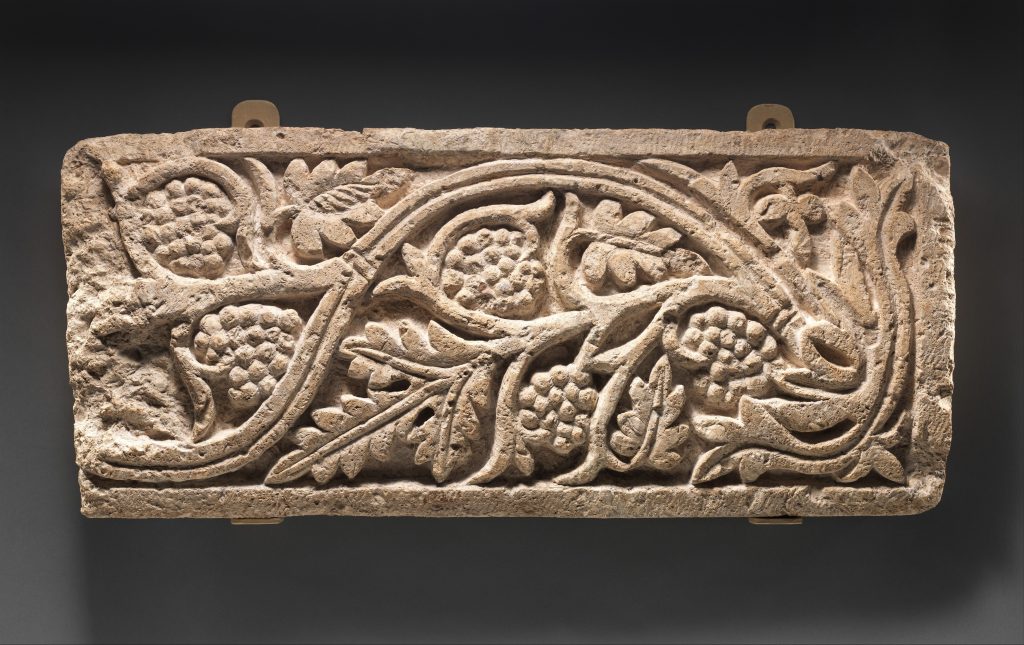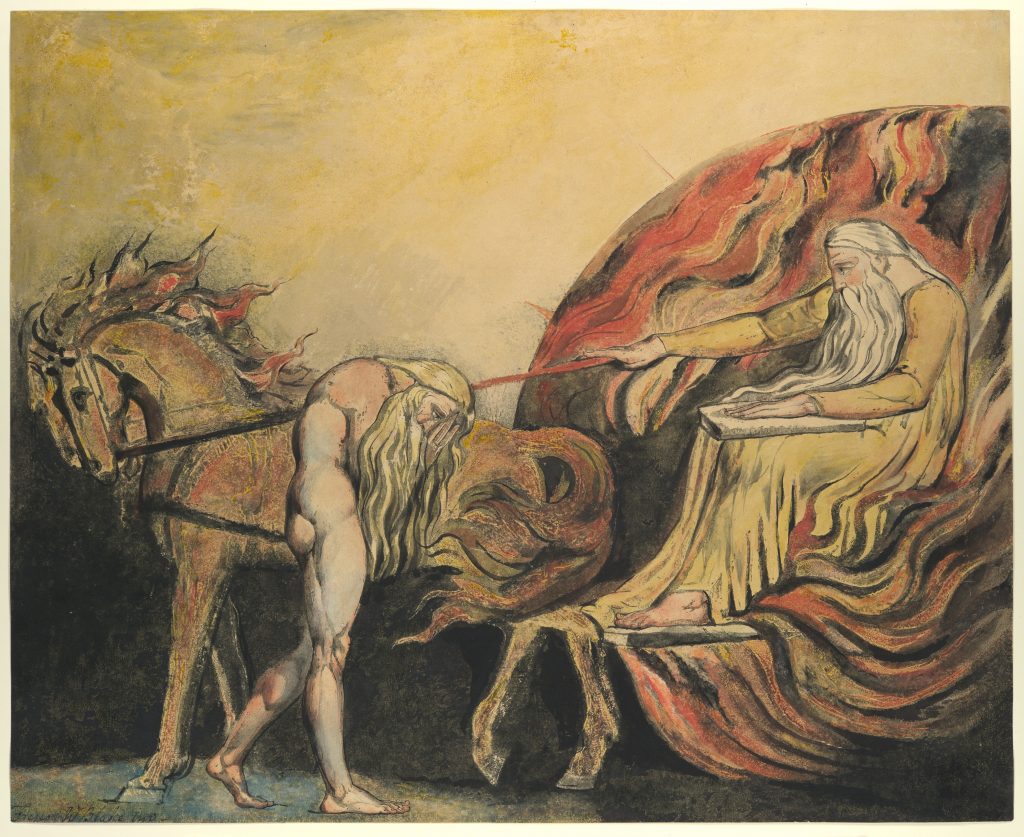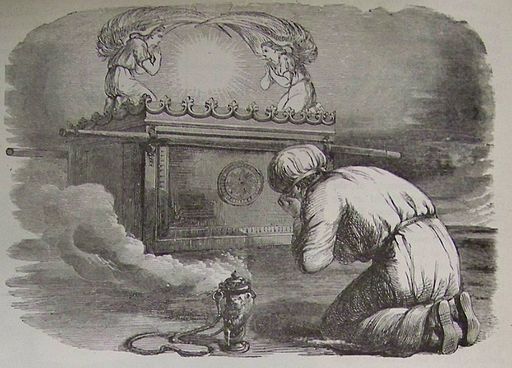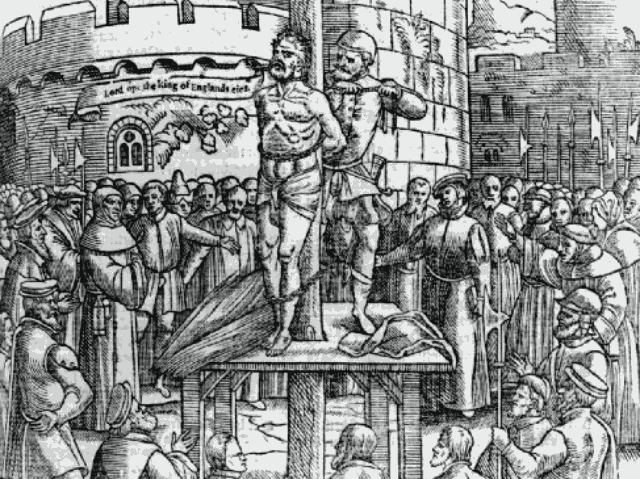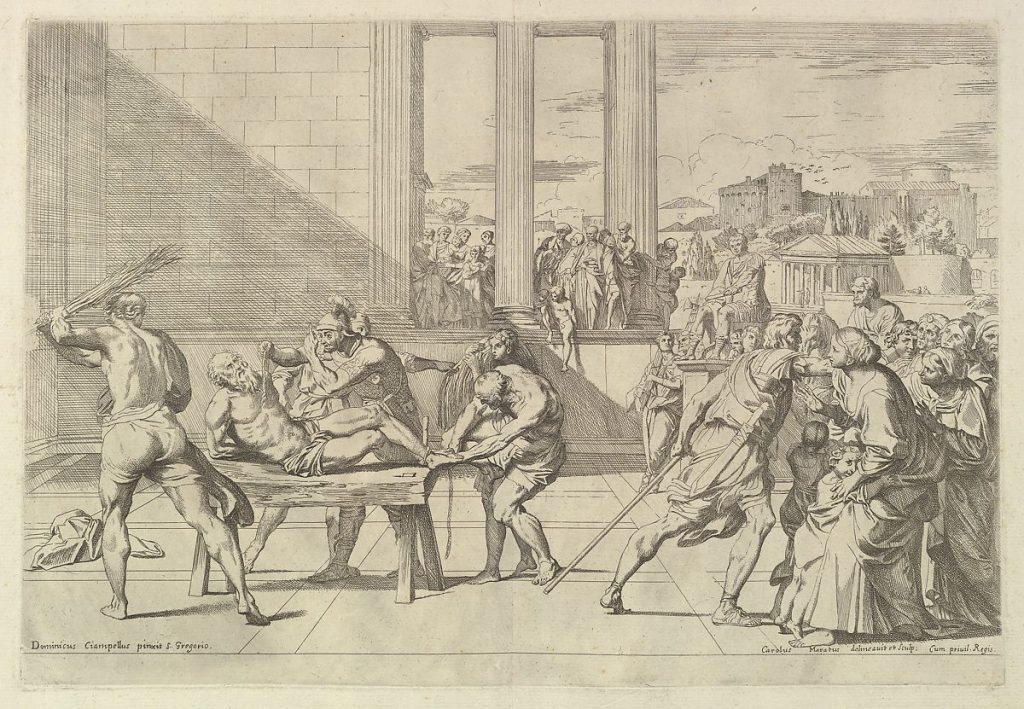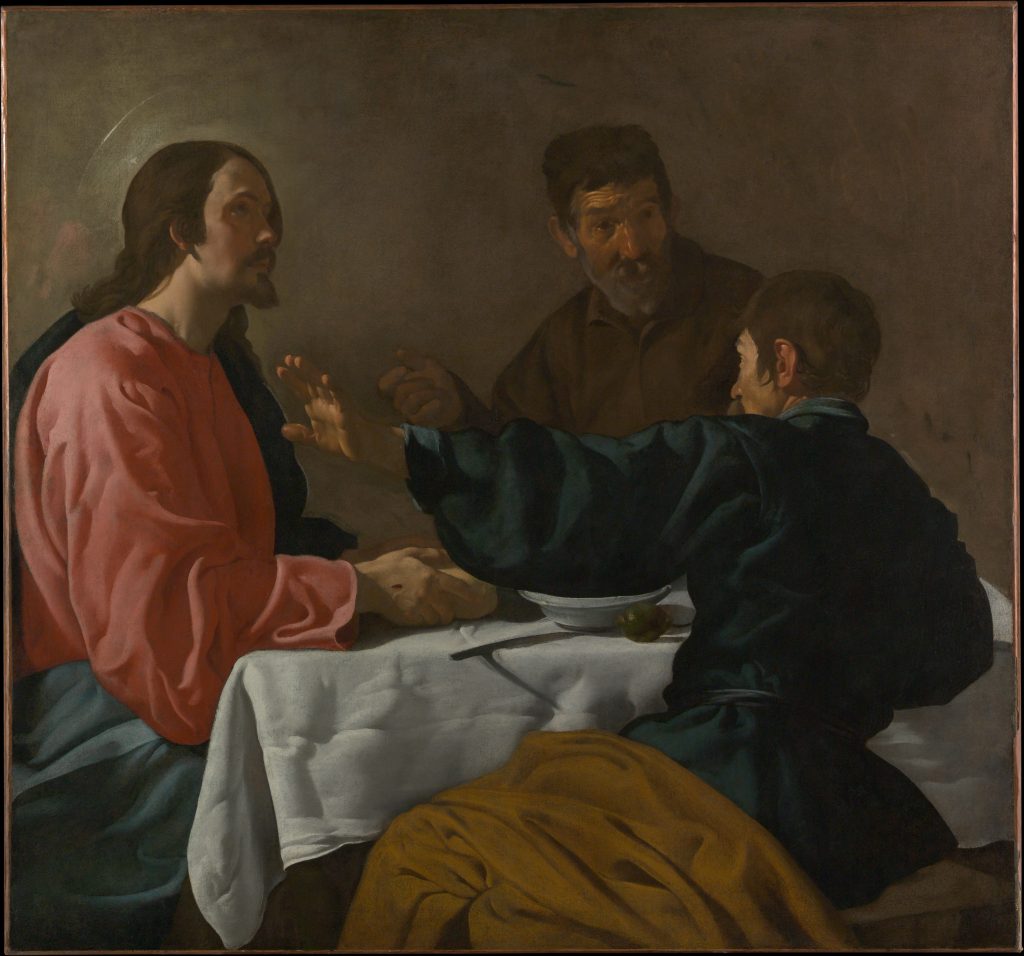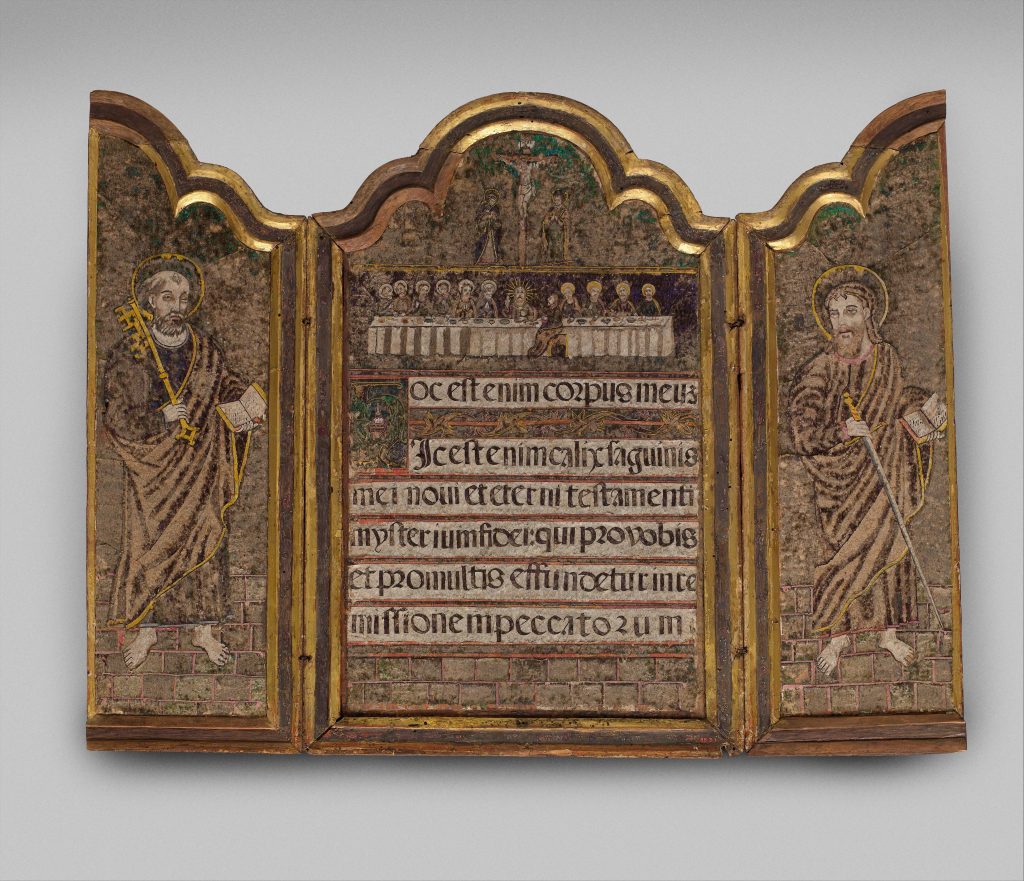Podcast: Play in new window | Download (Duration: 1:04:32 — 89.3MB) | Embed
Subscribe: Apple Podcasts | More
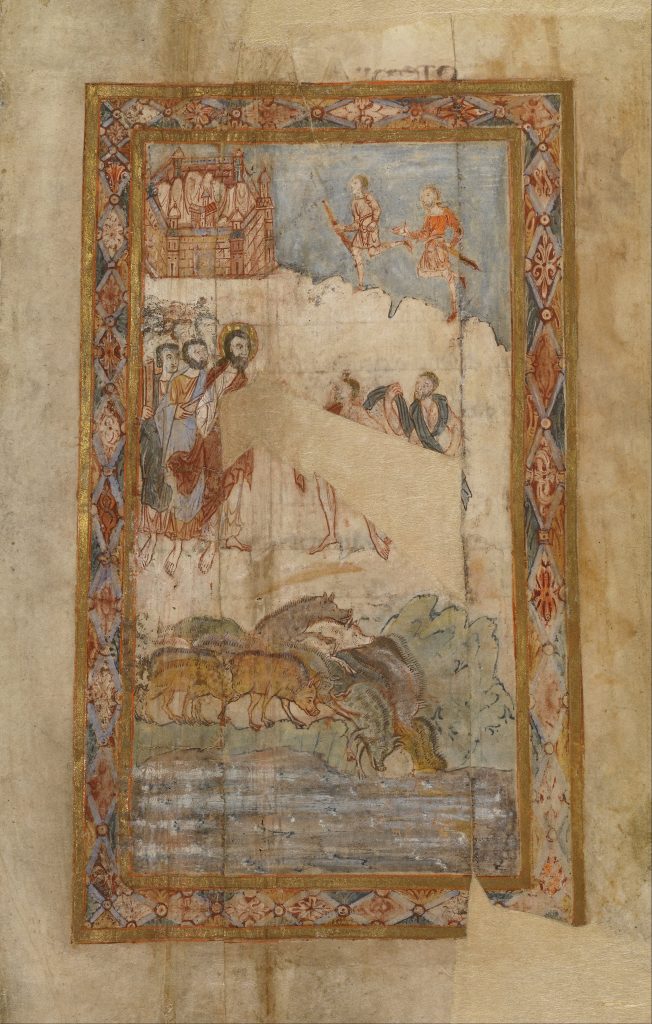
This image in the Public Domain
The Cost is Too High
Most of us don’t mind being “religious” as long as it’s on our own terms. We’ll certainly act the part when it’s appropriate; you know, Christmas, Easter, sickness, funerals, that sort of thing. We especially lose all our religious inhibitions when we’re in need or trouble. As the old saying goes, “There are no atheists in foxholes”.
Not that I am a big fan of such things but survey after survey reveals that most people believe there is such a thing as God. However, those same surveys reveal that only a minority of those that say they believe in God actually say they believe in the God of the Bible. You see, most of us like the idea of some god existing somewhere. Gods may come in handy from time to time. But the God of the Bible seems…so demanding. There seems to be so many strings attached. The God of the Bible doesn’t fit out concept of an acceptable god. We want a God we can approve of and more importantly we want a God who we can order around. Again, I say, we don’t want the God of the Bible. He has a mind of His own. So, we just say that God doesn’t exist and then replace him with someone who will be a little nicer without expecting too much in return. We want a God that we can summon when we’re in need and then just as quickly expel once we’ve gotten what we want. More like a genie in a bottle than the Great Administrator of the Universe “Hey God, I’m really in a tough spot. I was wondering if you wouldn’t mind stopping by and taking care of my mess. It shouldn’t take too long.” And then we’d probably sprinkle in a few catch phrases just to keep the wheels greased, as it were. “Be merciful to me a sinner”, or, “Praise Your Name” or “Thy Kingdom Come”. You know, religious sweet talk; prayer-bribes.
One of the millions of things I love about God’s Word is its ability to reach across time and space to touch us where we live. It was written about a place most of us have never been, at a time that spans multiple millennia going all the way back to, literally, unimaginable antiquity and, yet, it can teach us so much about our here and now. In today’s episode we study the very interesting story of the healing of the demoniac of Gadara. It’s another one of those passages from the Bible which is so much more than just a story. I honestly pity those who only think of the Bible as a collection of stale old tales. We spend some time on this part of the Gospels because it gives us a telling snapshot of how most people view their relationship with God; then and now.
The Gadarenes had a problem and they needed someone to come fix it. Along comes Jesus and the result may surprise you…it sure surprised the Gadarenes. Even if you’ve heard this story before you should join us because maybe we’ll make a point or two you’ve not considered before.
As always, I call you to pray before you listen to God’s Word taught. These are eternal things and you’ll need an Eternal Guide in order to make sense out of them. It is the Holy Spirit’s job to reveal Truth to you. All you need to do is ask Him.

